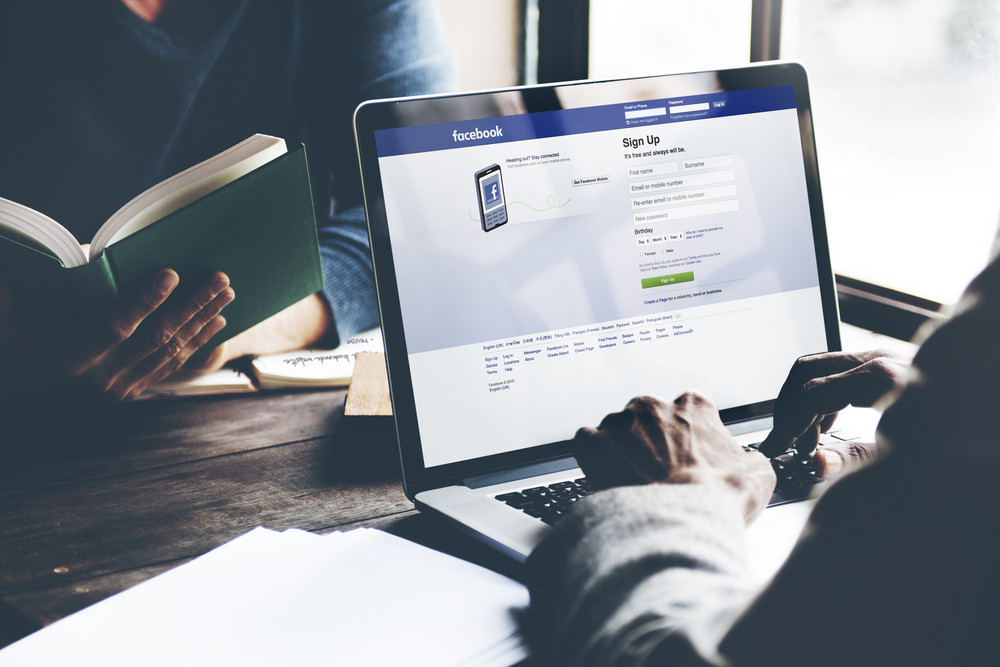
Cybersecurity spring cleaning!
Cybersecurity is like exercise, we all know we should be doing more of it but most of us do the bare minimum. Guilty!
Almost every single one of our speakers to date touched upon a different angle of information cybersecurity. Each underlined the importance of it – from the Government and public service obligation perspective, from the corporate big data angle, and from the product opportunities and limitations angle. This week, Steve Herrod, Managing Director at General Catalyst, went over one aspect that we might arguably have the most control over: personal cyber security practices and hygiene.
The first step is acceptance. Accept the fact that you already are an attractive target to hackers. Don’t assume that “It won’t happen to me.” If you exist and have money (regardless of the amount) you are an attractive target to hackers. [1]
Source: https://www.youtube.com/watch?v=sdpxddDzXfE
Now that you have accepted that, here 5 simple rules that can improve your cybersecurity:
- Social networking security:Restrict your account so only your friends can see what you post. [2] [4] Protect your personal information: Publicly accessible profile accounts on social media sites are an easy way to find and misuse you birth date, home address, children names, pets’ names, favorite childhood food, etc. Protect your location: It will also show when you’re on vacation. Or, even where your children go to school.
Fun fact! Even the professionals aren’t careful enough. I checked and Steve Herrod has a Facebook profile. I could see where he lives, where he vacations, the names of his two puppies, children, and wife. Yes, scary. This made me want to immediately go and lock down my Facebook profile.
- Financial information security: When shopping online, look at the URL and ensure that it is an HTTPS site. Be careful when the site asks for unusual information. [6]
- Laptop and mobile security: One can buy software that can track down the location of your devise if connected to the web. One can also buy software enabling you to remotely access for computer security with the ability to erase your files or transfer them to a secure data center over the web.
- Sensitive accounts security: Create strong passwords and use two-factor authentication. The list of most important accounts is most likely: E-mail; Online banking, PayPal, Venmo, Amazon and other accounts with card details (e.g. Gap, Target, Primary); Accounts with sensitive info such as SSN, address, etc.
- Password security [4]:
- Don’t reuse passwords. Further, don’t use similar passwords: “passwordQ12016” and “passwordQ22016” is also not ideal.
- A great password is: %k7:|eQ,20{;T.7
- Just use an online password generator
- Use tools to check your passwords’ strength
- Now that you have so many great passwords. Use a password manager.
The complete cybersecurity best practices list is long. You heard many in class, I listed a few here, but if you are really into this topic, here is a list of 131 tips you can follow to be hyper safe.
Test yourself: If you would like to find out how good you are at identifying phishing, test yourself. Here a quick quiz from Cisco.
Finally, take 30 minutes and lock down your Facebook account. I know I’m doing to right after I post this. 😊
References:
[1] Top 10 Cybersecurity Tips. Cisco. https://umbrella.cisco.com/blog/blog/2013/10/08/top-ten-
[2] Help Safeguard Your Personal Information From Cyber Predators. Experian.
http://www.protectmyid.com/cyber-security
[3] 131 Cybersecurity tips. Heimdal. https://heimdalsecurity.com/blog/cyber-security-tips/
[4] Privacy tips. National Cybersecurity Aliance. https://staysafeonline.org/data-privacy-day/privacy-tips/
[5] Computing Best Practices. UC Berkeley. https://security.berkeley.edu/resources/best-practices-how-to-articles/top-10-secure-computing-tips
[6] Safe Computing Tips. MIT. https://ist.mit.edu/security/tips
Users who have LIKED this post:
2 comments on “Cybersecurity spring cleaning!”
Comments are closed.



Boryana, I enjoyed reading your article.Thanks for sharing a list of tips.
I agree with your point on the social media and personal information sharing. It is very common people have a misleading perception of the online environment and they often don’t think about a complexity beyond a screen and a bigger picture of this new world….Or if they do, they believe a possible danger doesn’t relate to them. There is an increasing number of incidents that happened due to a geolocation check-in, holiday announcement or hard complaints. Nevertheless, I still consider social media as a great tool but I see a problem in insufficient acknowledgment on its right use. F.e kids start to be on social media from age of 10 if not earlier. I believe new educational incentives are needed not just in a family but also in schools…and so on.
Users who have LIKED this comment:
Great point, Michaela! The info leak can happen by the younger members of the family vs the parents. The good news is that some companies Like Norton AntiVirus are already on the ball, trying to provide resources. [1] I still wonder how effective their information delivery is and if they are really reaching people with their message.
I discussed the education point you are mentioning with some of my younger employees that were in school more recently. One said that she had classes in offering cybersecurity best practices. However, the rest reported that their cybersecurity classes only focused on policy, law, and regulation (or the lack of such) so they didn’t learn more than “The Government is behind.”
[1] https://us.norton.com/internetsecurity-kids-safety-middle-school-kit-a-broader-world-of-cybersecurity-protection.html